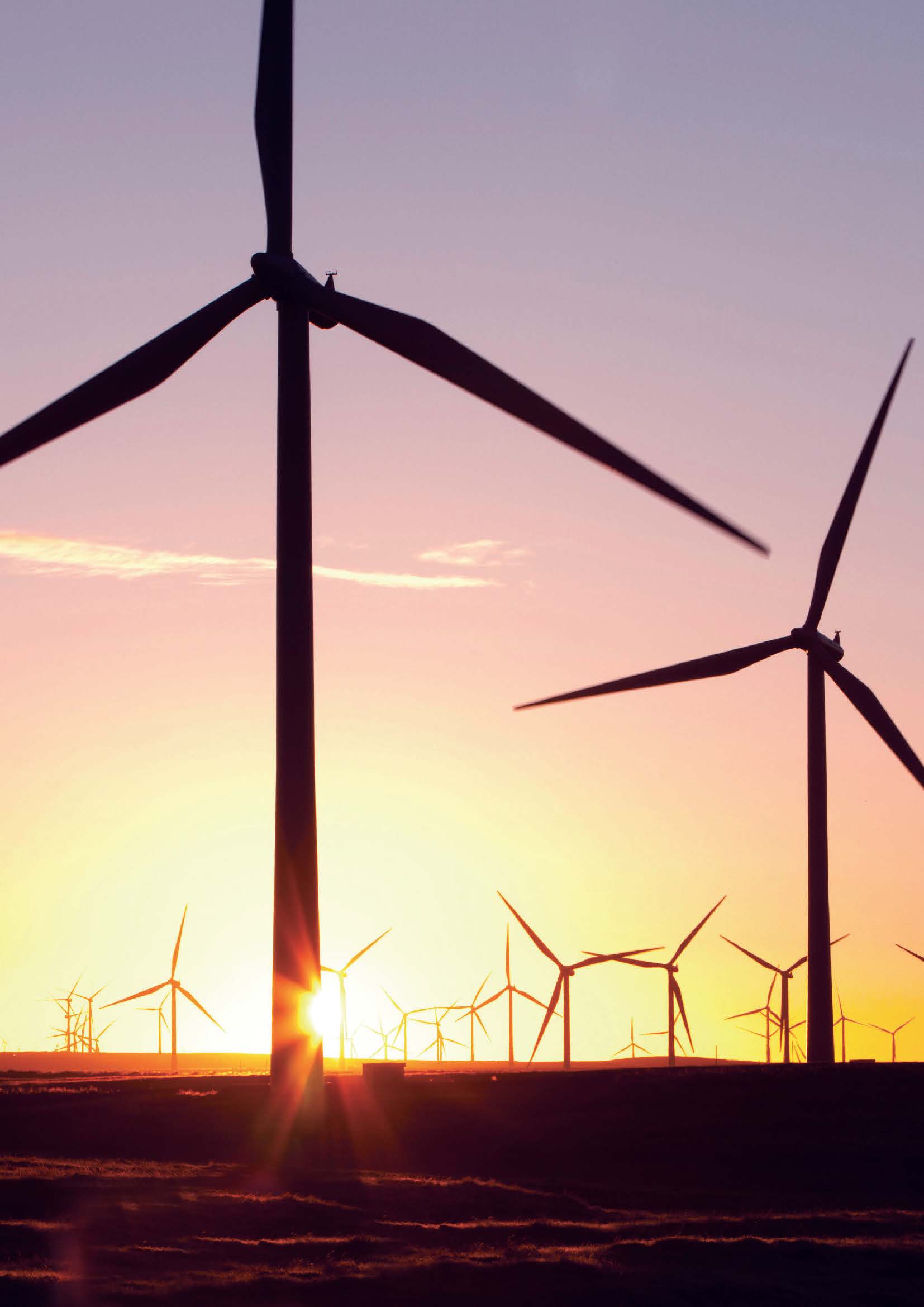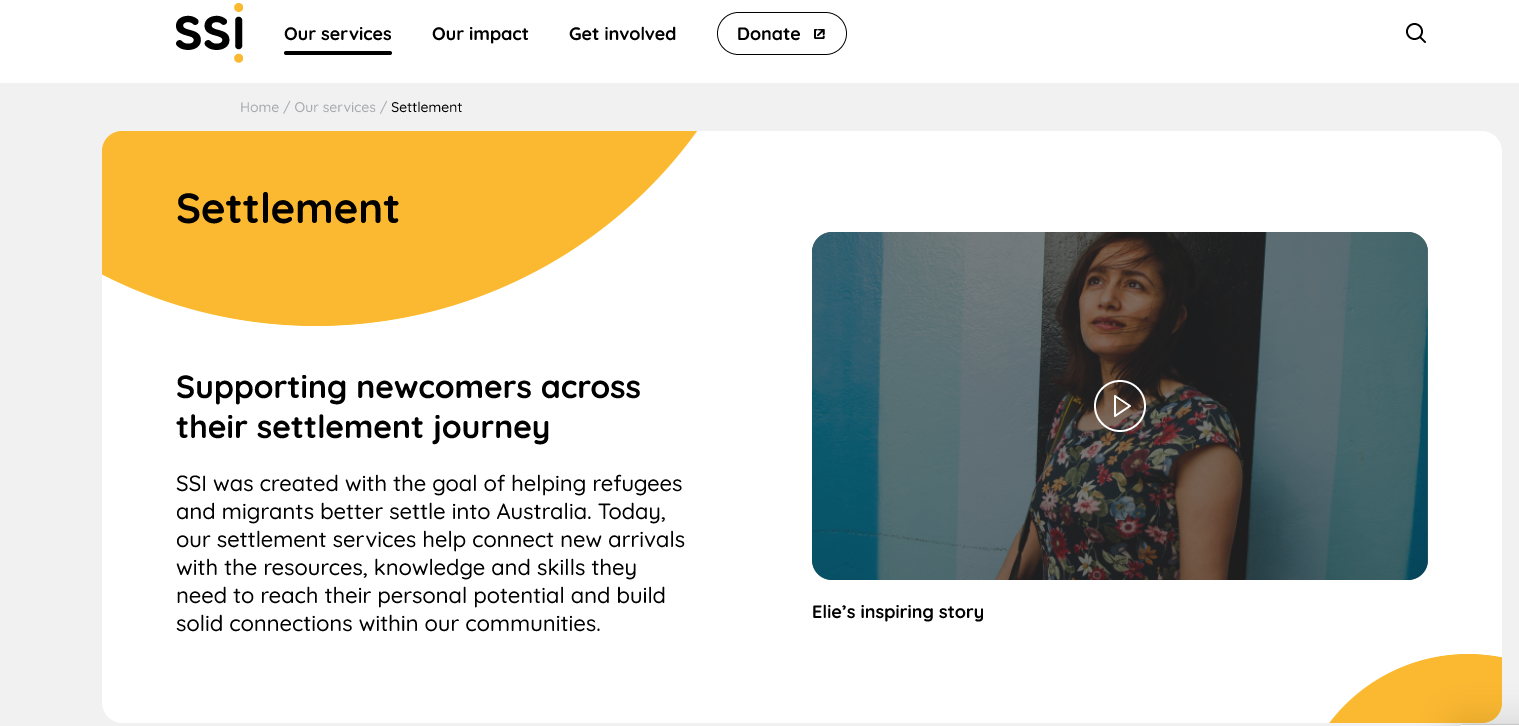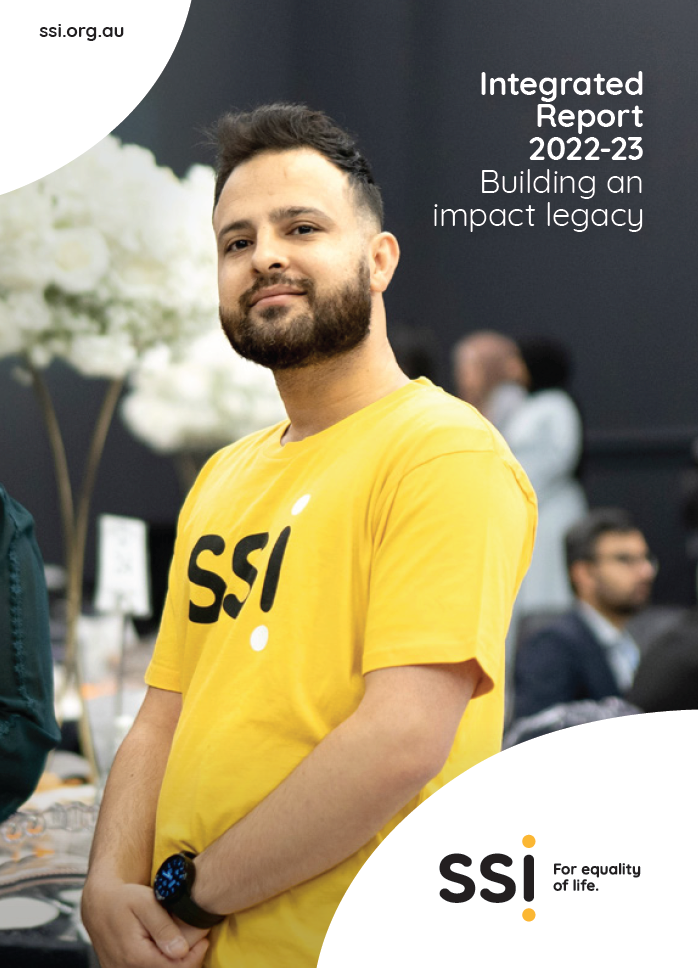Project Description

WWF What is sustainability
CLIENT: WWF
PUBLISHED: WWF Australia website
ORIGINAL ARTICLE: What is sustainability?
CREATED: August 2017
AUTHOR: Fallon Dasey
The Earth is home to a vast trove of natural resources, including air, water, soil, plants, animals, minerals and land, that together allow human beings to live and thrive. However, in our relatively short time on the planet we have tended to use these resources with very little thought for the future. We’ve cleared forests, destroyed ecosystems, and burned fossil fuels with devastating impacts on the long-term health of the environment and the prospects of future generations.
But there is another way. WWF believes that it’s possible for humans to both prosper and use the planet’s resources in a sustainable way. Sustainable development means balancing local and global efforts to meet basic human needs with the need to preserve the natural environment from degradation and destruction. It means meeting our current needs without compromising the ability of future generations to meet theirs.
A sustainable approach is often broken down into to three key areas: environmental, social and economic sustainability. Environmental sustainability involves keeping the planet’s ecosystems diverse and productive through good resource management, while social sustainability focuses on areas such as social equity, health equity, community development, human rights, labour rights, and social justice. Economic sustainability relates to the social and ecological consequences of economic activity.
Challenges
Human beings are currently facing challenges including a rapidly accelerating loss of biodiversity and the impacts of climate change on people and nature. We are trying to double food production while facing a need to reduce our ecological footprint. Forests are being cut down and biodiversity lost to make way for agriculture. The use of alternative energy sources is still lagging behind that of fossil fuels, and increased levels of wealth in developing nations, while positive in many ways, are also leading to far greater consumption of resources.
Australians consume a lot more resources per person than many other nationalities. Our ecological footprint is massive. In fact, another two planets would be needed if every other nation used resources at the same rate as us.
Outlook
Creating a world in which humans live in harmony with nature has been one of WWF’s core visions since the organisation was founded in 1961. We believe it’s neither acceptable nor possible to separate the wellbeing of people from the protection of nature, and that an ecologically sustainable Earth means an equitable future for all. Because we believe that environmental solutions need to support social equity and economic development, WWF embraces the United Nations Sustainable Development Goals. We are also working actively to increase sustainability in a wide range of areas, both in Australia and across the planet. Some solutions include:
• Engagement with business and industry to increase sustainable production of commodities, reducing impacts on places and species and ensuring a sustainable and continuous supply of raw materials;
• Working with industry partners and farmers to reduce the impact of farming pollution, avoid tree clearing and increase the efficiency of farming practices for less impact to natural environments;
• Finding renewable energy alternatives to fossil fuels; and
• Helping to establish protected areas, combatting illegal logging and promoting certification for responsible forest management practices.



